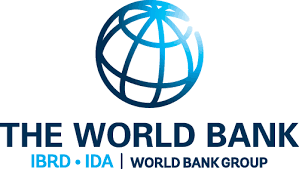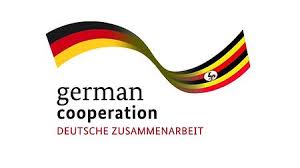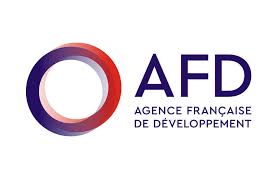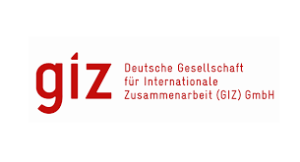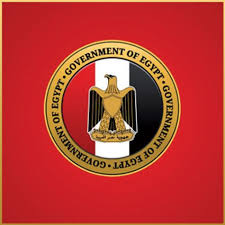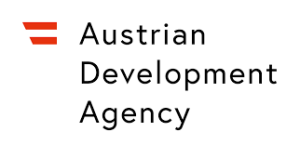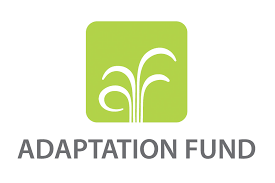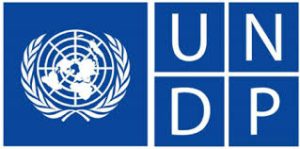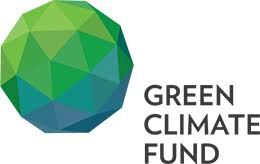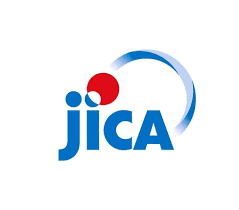EU-TF (SPRS-NU)
The EU-TF (SPRS-NU) Support Programme to the Refugee Settlements and Host Communities in Northern Uganda is a multifaceted initiative established under the European Union Emergency Trust Fund for Africa. Its primary objective is to address the humanitarian and developmental needs of South Sudanese refugees and their host communities in Northern Uganda, particularly in response to the significant influx of refugees since July 2016. The project aims to move beyond emergency aid towards more sustainable solutions, fostering stability and reducing the risk of conflict between refugee and host populations.
Overall Objective and Specific Aims
The overarching objective of SPRS-NU is to reduce the risk of violent conflict between host communities and refugees in the refugee-hosting districts of Northern Uganda. More specifically, the project aims to:
- Improve food security, nutrition, and livelihoods of both refugee populations and host communities in a sustainable manner, by enhancing local production and fostering economic exchanges.
- Improve inter-community dialogue at the local level and establish conflict prevention mechanisms to mitigate clashes between or within communities.
- Improve the level of education and increase medium to long-term economic opportunities for refugees and host communities, especially youth and women, through skills development and entrepreneurship support, contributing to better integration.
- Ensure sustainable access to safe water and improve environmental sanitation conditions in targeted settlements and host communities.
Project Components
The SPRS-NU project is structured around several key components, often implemented by different partners to achieve its comprehensive objectives:
- Livelihood and Labor Market Relevant Skills Development: Focuses on providing quality skills training, entrepreneurial guidance, and start-up kits for refugees and host communities, with a particular emphasis on youth, women, and girls. This includes vocational training and accreditation of acquired skills.
- Water, Sanitation, and Hygiene (WASH) Component: Concentrates on constructing and rehabilitating essential water supply systems (e.g., piped water systems), improving environmental sanitation through the construction of faecal sludge treatment plants, and establishing sustainable operation and maintenance structures for these facilities.
- Community Dialogue and Conflict Prevention: Aims to facilitate improved relations between refugees and host communities through dialogue mechanisms and the establishment of local conflict prevention initiatives.
- Basic Services and Education: Supports improved access to essential services like education, recognizing its role in long-term economic opportunities and integration.
Key Project Areas and Scope
The SPRS-NU project targets refugee settlements and host communities in the refugee-hosting districts of Northern Uganda, which include:
- Adjumani
- Arua
- Yumbe
- Kiryandongo
- Madi Okolo
- Terego
Key Activities and Progress
Within the WASH component, the project has specifically targeted 12 settlements, including Alere, Nyumanzi, Maaji II, Olujobo, Ranch I, Ayelo, Maaji III, Pagirinya, Bidibidi Zone V, Eden, Afua, and Ariaze.
The project has undertaken a range of activities to achieve its aims:
- Skills Development: Provision of technical vocational education and training (TVET) and entrepreneurship support, with thousands of beneficiaries receiving quality skills development and start-up kits.
- WASH Infrastructure: Construction of piped water supply systems and faecal sludge treatment plants, alongside geological and hydrological surveys and drilling of production wells in various settlements (e.g., Alere, Nyumanzi, Maaji II, Ranch I).
- Feasibility Studies and Designs: Ongoing detailed engineering designs for water and sanitation infrastructure in several settlements.
- Inter-Community Dialogue: Facilitating platforms for dialogue and conflict prevention.
- Mid-term Reviews: Periodic reviews (e.g., November 2023) assess project performance, coherence, efficiency, effectiveness, impact, and sustainability, providing insights for continuous improvement and learning.
Impact and Legacy
The EU-TF (SPRS-NU) project has played a crucial role in addressing the complex challenges arising from large refugee populations in Northern Uganda. By focusing on both immediate needs and long-term development, it contributes significantly to:
- Enhanced Livelihoods: Equipping refugees and host communities with practical skills and entrepreneurial knowledge, thereby increasing their economic opportunities and reducing reliance on subsistence agriculture.
- Improved Social Cohesion: Mitigating potential conflicts by fostering better understanding and shared benefits between refugee and host communities.
- Access to Essential Services: Providing sustainable access to safe water and improved sanitation, which are fundamental for public health and environmental well-being.
- Sustainable Development: Laying a foundation for more resilient and self-reliant communities, aligning with Uganda’s Comprehensive Refugee Response Framework (CRRF) and broader development goals.
While some components of the project have concluded their initial phases, the overall program’s integrated approach and its focus on sustainable solutions continue to inform and shape future interventions in refugee-hosting areas of Uganda.
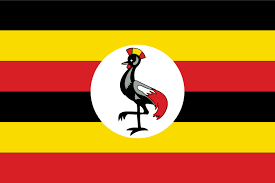 Official Website of the Ministry of Water and Environment
Official Website of the Ministry of Water and Environment



